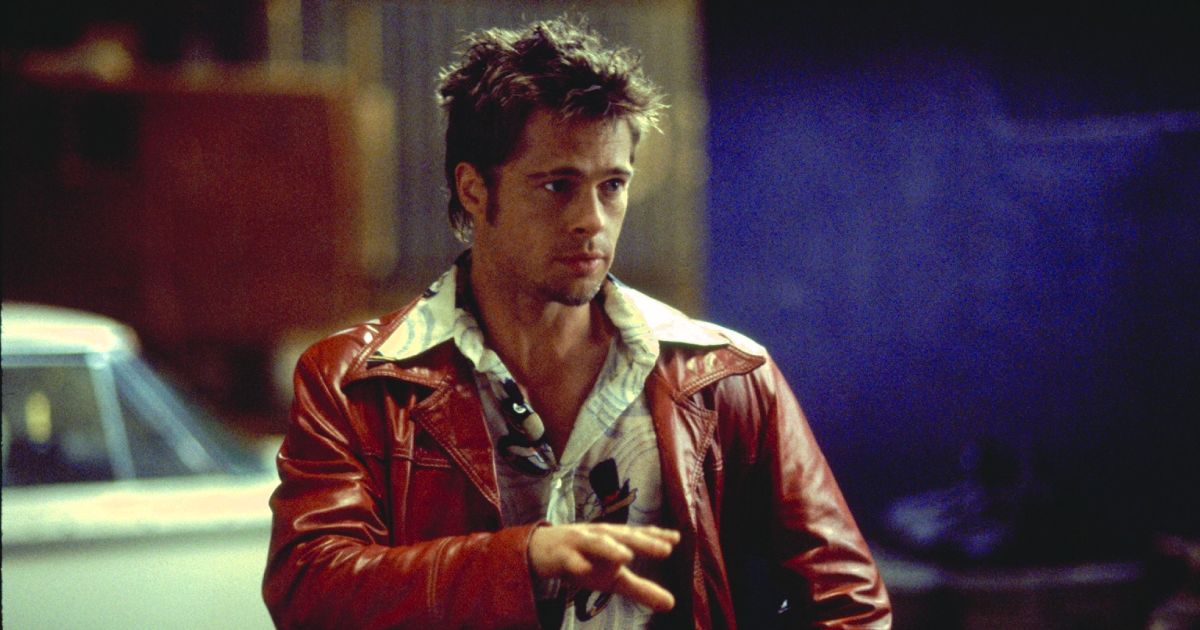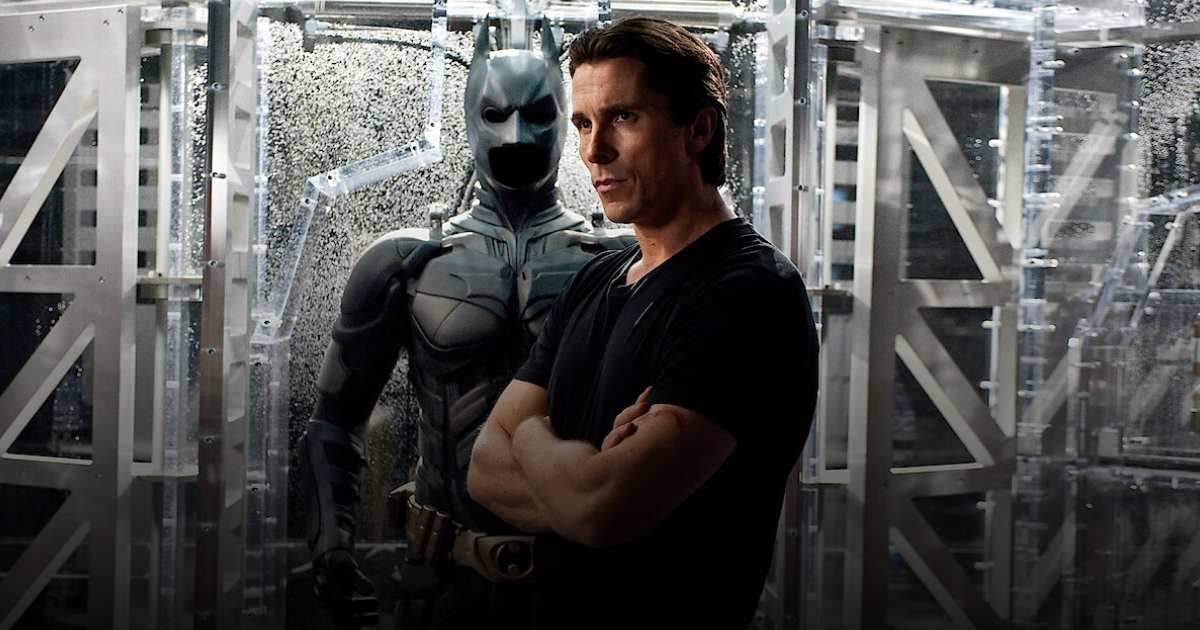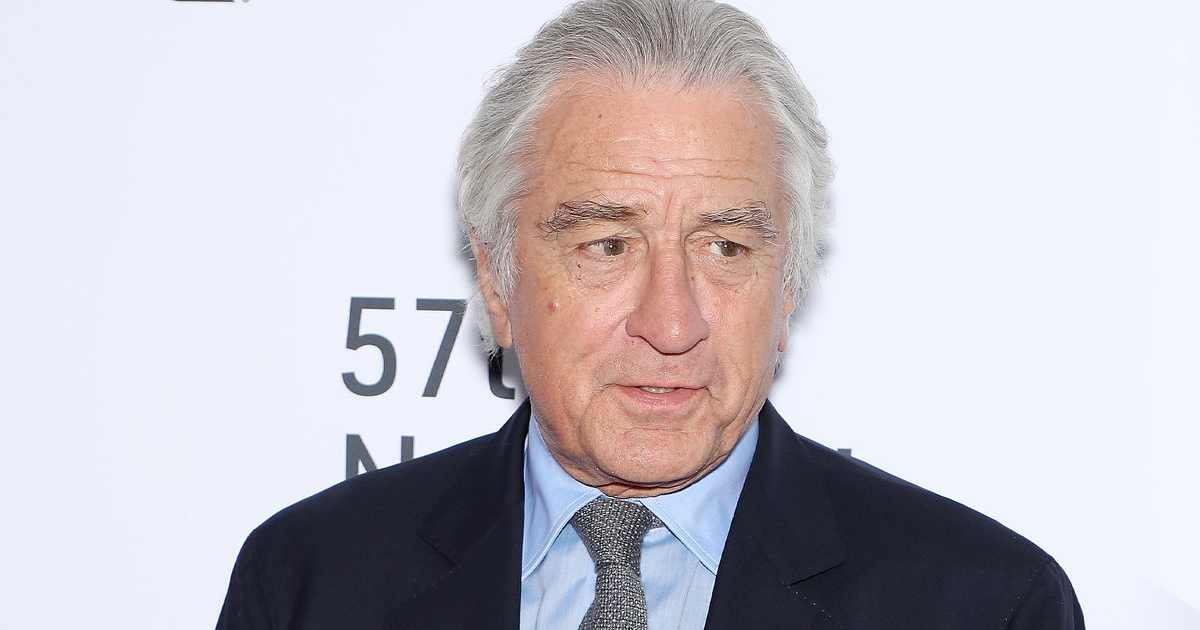
Very few filmmakers can stir up intense debate the way David Fincher does. His films provoke thoughts, then punch you in the gut and leave you squirming. Fincher, through the twisted minds behind serial murders in Se7en, to the unsettling real-life ambiguity of Zodiac, and the sharp dissection of online identity in The Social Network, has thrived in discomfort. His work is riddled with grim observations on modern life, always willing to get dirty in the name of narrative. Yet, nothing he’s done has lit fires quite like Fight Club.
Fight Club’s Brutal Tale Of Rebellion
Fight Club, released in 1999, not only attracted attention but also sparked ongoing arguments about violence and rebellion wrapped in consumerism. Based on Chuck Palahniuk’s cult novel, the film centers on a deeply disillusioned man who forms an underground fight club that spirals into chaos.
Edward Norton plays the unnamed Narrator, a corporate drone numb from modern life, who finds both freedom and madness through Tyler Durden, a magnetic anarchist played by Brad Pitt. But it’s not long before the punches thrown in basements turn into full-blown domestic terrorism under the name of Project Mayhem.
Trending
Things get even darker when the Narrator learns that Tyler isn’t real; he’s just another part of his fractured mind. As the city’s skyline explodes and the Pixies blast through the final moments, Fincher leaves viewers with a haunting visual metaphor for destruction and rebirth. The ending becomes iconic and unforgettable.
China’s Rewritten Ending
However, that ending never made it to China. When Fight Club was released there, the climactic explosions were cut. Instead, viewers got a sudden text screen that claimed the authorities foiled the terrorist plan, and that Tyler had been apprehended, treated, and released from a mental institution. (via Collider)
The message was abrupt and glaringly inconsistent with the rest of the movie. It was a neat little wrap-up that aligned with China’s moral codes. Unsurprisingly, this new version left many international fans baffled and amused. Besides, the irony runs deep. While Fincher’s version ends with an anarchic punch, the censored edition ends with law and order prevailing, which is a bizarrely optimistic twist for such a nihilistic story. Yet oddly enough, this altered version edges closer to the book’s ending, where the bombs don’t go off and Tyler is institutionalized.
Cut, Censored, And Re-Released
Of course, Fight Club didn’t just lose its teeth in the final scene. Over twelve minutes of sex and violence were scrubbed out of the Chinese version, including the infamous hotel tryst between Tyler and Marla. Only with a later Tencent streaming release did the original scenes and the real ending reappear.
This isn’t a shocker, though, as China’s strict content policies often reshape foreign films to ensure messages align with state-approved values. Anti-establishment messages get trimmed or altered, no matter how satirical or critical in intent. For a movie like Fight Club, already misread and misunderstood by large swaths of its audience, the idea of Tyler suddenly playing ball with the cops feels absurd. Yet that’s exactly the version that aired, without a whisper from Fincher or his team.
Fight Club’s Misunderstood Legacy From Day One
The censorship adds another strange chapter to the film’s already tangled history. Critics and fans have never fully agreed on what Fight Club means. Some took it as a celebration of rebellion, others saw it as a cautionary tale about unchecked rage. Fincher’s vision was always satirical, but the nuance often gets lost, especially when the story revolves around charismatic carnage. It joins a long list of films, such as Joker, The Wolf of Wall Street, and American Psycho, that faced backlash for showing ugly truths too vividly.
Fight Club is now available in its uncut glory on Apple TV+ in the US.
Advertisement
For more such stories, check out Hollywood
Follow Us: Facebook | Instagram | Twitter | YouTube | Google News
















